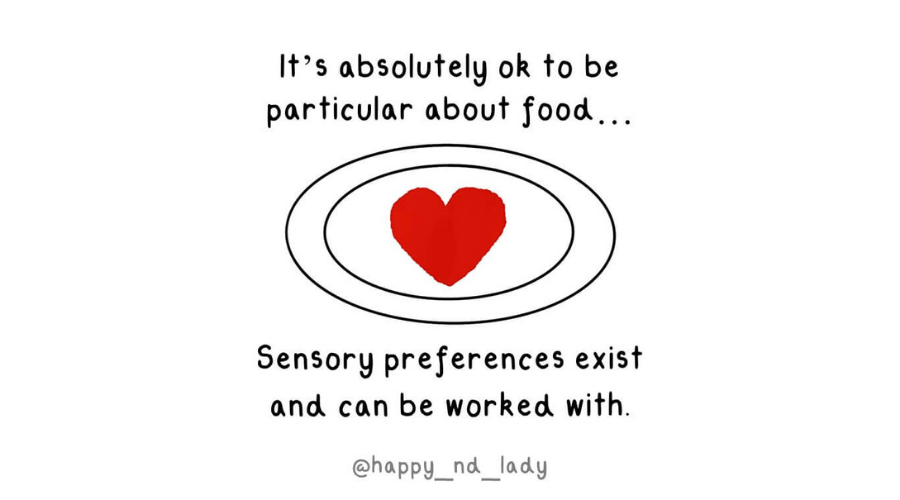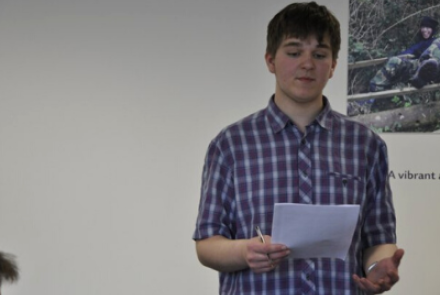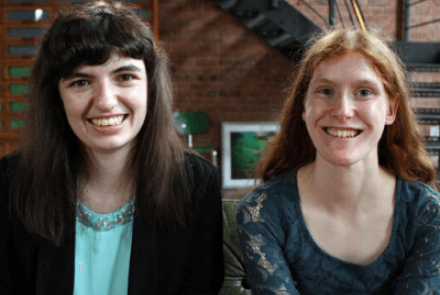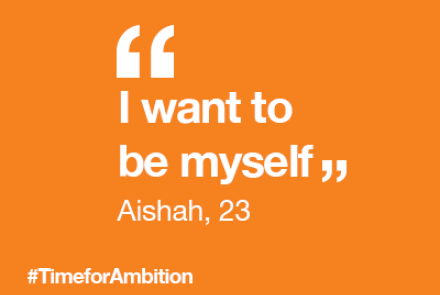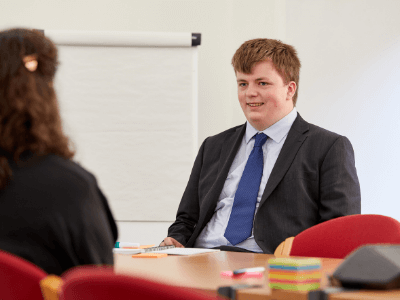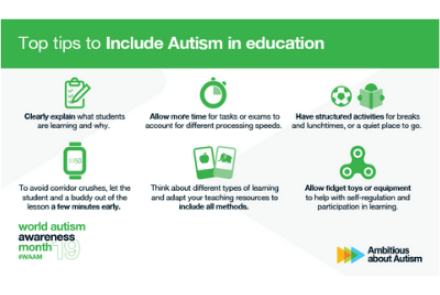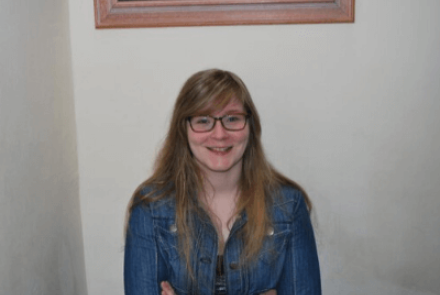Eating Disorder Awareness Week
Eating disorders are not a taboo subject. EDs include anorexia, bulimia, and many more.
but about 35% of people with an ED are autistic or have high levels of autistic traits.
Autistic people are disproportionately affected.
Reasons why we made this campaign
I (Vera) have been making illustrations about being autistic since my diagnosis in July 2019. Sharing them with close friends led me to discover that one of my favourite people, Catherine, is also autistic.
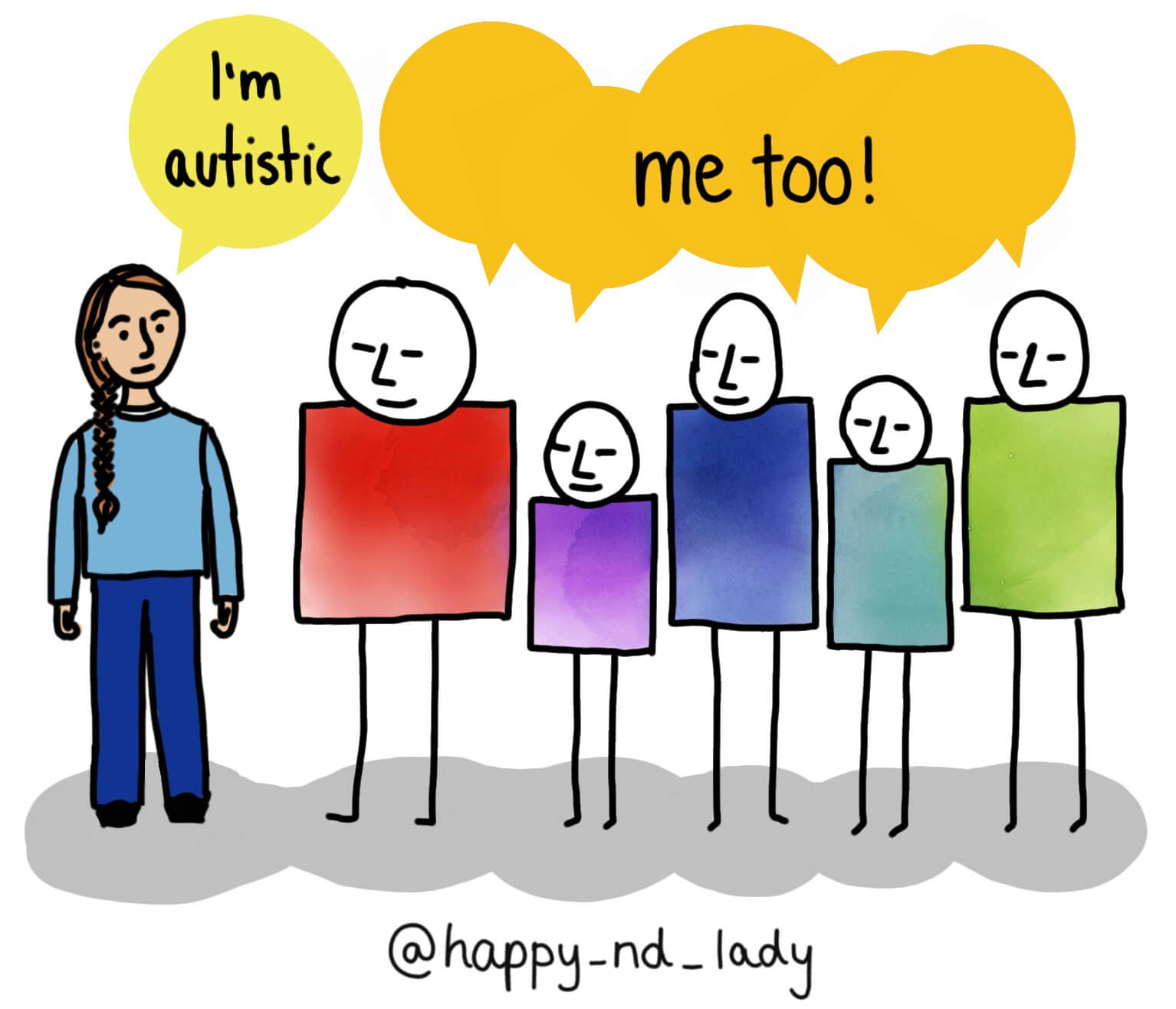
Catherine approached me to see if I could make some illustrations about eating disorders. When visiting hospital, one nurse told her that at any given point, at least 40% of their patients are autistic. That number horrified her for three reasons:
- Why are there so many autistic people suffering with eating disorders?
- Why is no one talking about this?
- Why had she felt she was the only one?
With the nurse they developed a health plan that accounted for her autistic traits. Meals were always at the same time and they slowly introduced different foods and developed new coping mechanisms (eg. rules that focused on balanced eating). This nurse was one of many people Catherine had spoken to – but the first to understand autism.
Together, we wanted to tell autistic people with eating disorders that they are not alone, demonstrate to mental health professionals that autistic traits should not be overlooked during treatment and share messages of hope. I illustrated Catherine’s words and we consulted with 30 autistic people. The resulting 25 illustrations will be shared over five days during #EDAW2022 on @happyautisticlady.
Why are there so many autistic people with eating disorders?
Eating disorders are becoming ever more prevalent amongst young people as the world around them increases pressure, judgement and expectations of social conformity. Sometimes, they may feel that the only thing they have control over is their food.
This is exacerbated with autistic people, who tend to be labelled as “picky eaters” due to sensory sensitivity. They can start to set themselves guidelines or rules and may find it hard to identify hunger cues and have high levels of anxiety. These factors make it easier to develop an ED and harder to recover.
Control and rituals around food are the driving force behind EDs for autistic people, and act as a method for regulating emotions, feeling in control, and coping with stress. But, eating disorders are usually viewed and treated as a body issue.
As such, most treatments for EDs do not address the core reason they developed in an autistic person. Everybody deserves help no matter what – so why is the root cause being ignored for 35% of all eating disorder patients?
What you can do
You are not alone and change (although scary) is possible.
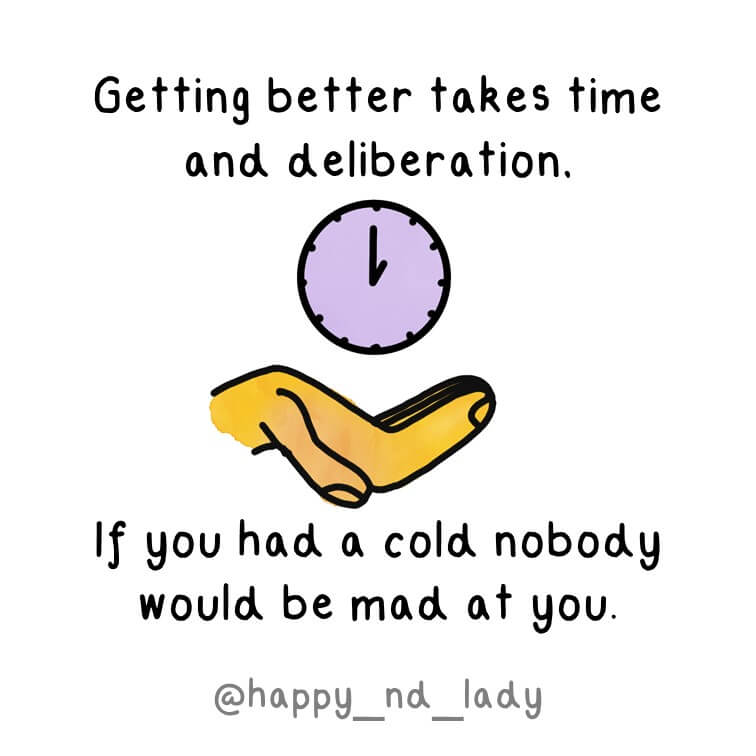
It takes time and that is ok. Go at your own pace - the road may be long to getting better but it’s not endless.

Make a plan that suits you eg. accommodate your sensory preferences, develop a routine, challenge yourself.
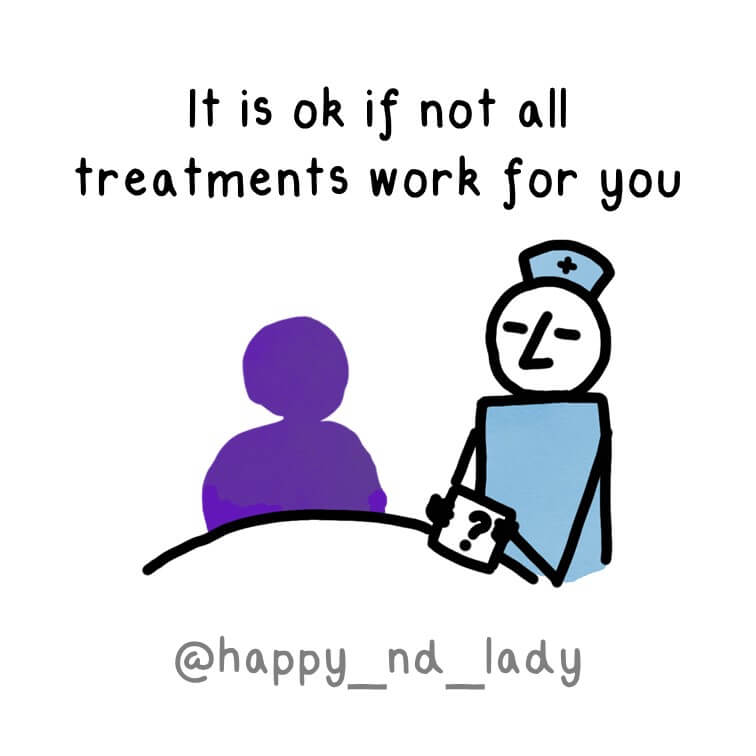
Seek help wherever you can and remember that it’s not your fault if a treatment doesn’t work for you. It is usual for autistic people not to fit into a single eating disorder category – your struggles are still valid.
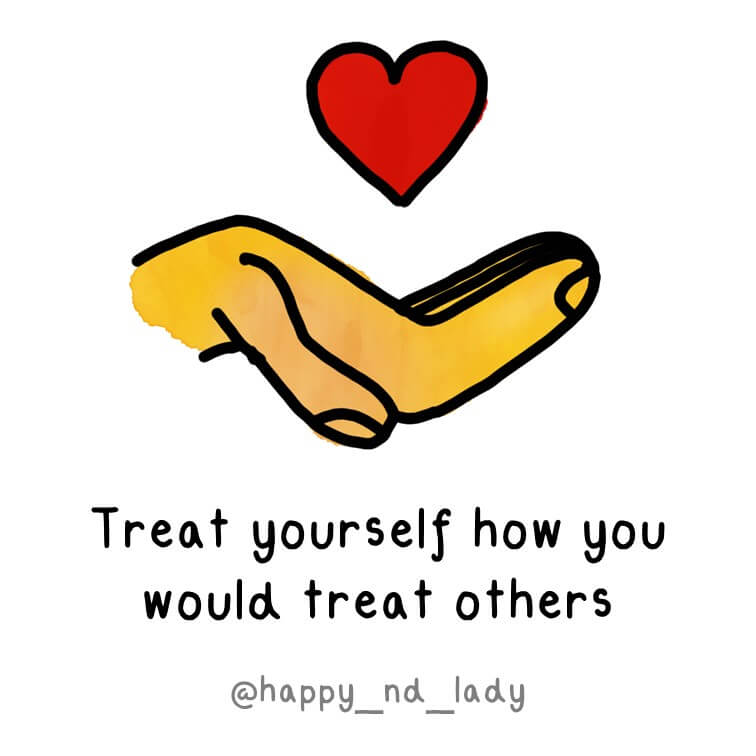
Treat yourself how you would treat others.
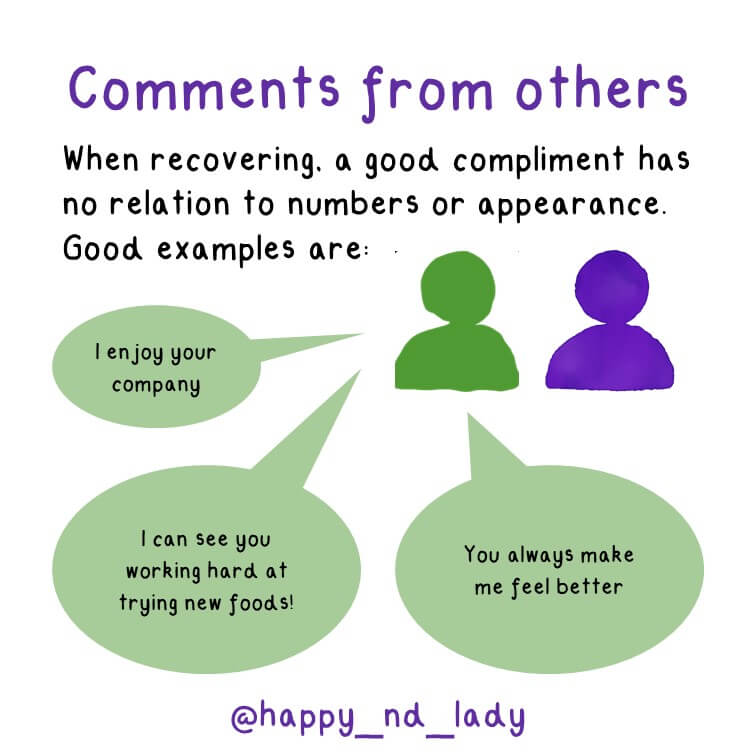
You can ask people to change their behaviour if it helps you along the way.
Have strength! It will be ok.
Resources
- Peace Pathway
- National Autistic Society
- Autistica
- Beat Eating Disorders
- Don’t panic app (iPhone version)
- Don't panic app (Android version)
About the authors
.jpg)
Vera is a nature nerd and proudly autistic. When not doing her MSc in Geographical Information Sciences, she likes cuddling her dog, volunteering with the National Trust, and attending the Ambitious about Autism peer support sessions. More of her happy autistic lady illustrations can be seen at @happyautisticlady
.jpg)
Catherine regularly contributes ideas for illustrations on topics which are important to her, such as ASD, dyslexia, and this campaign. She is in her first year of a foundation degree for geography, which she would like to teach. In her spare time can be found in nature or participating in events with organisations such as the National Trust and Our Bright Future.

